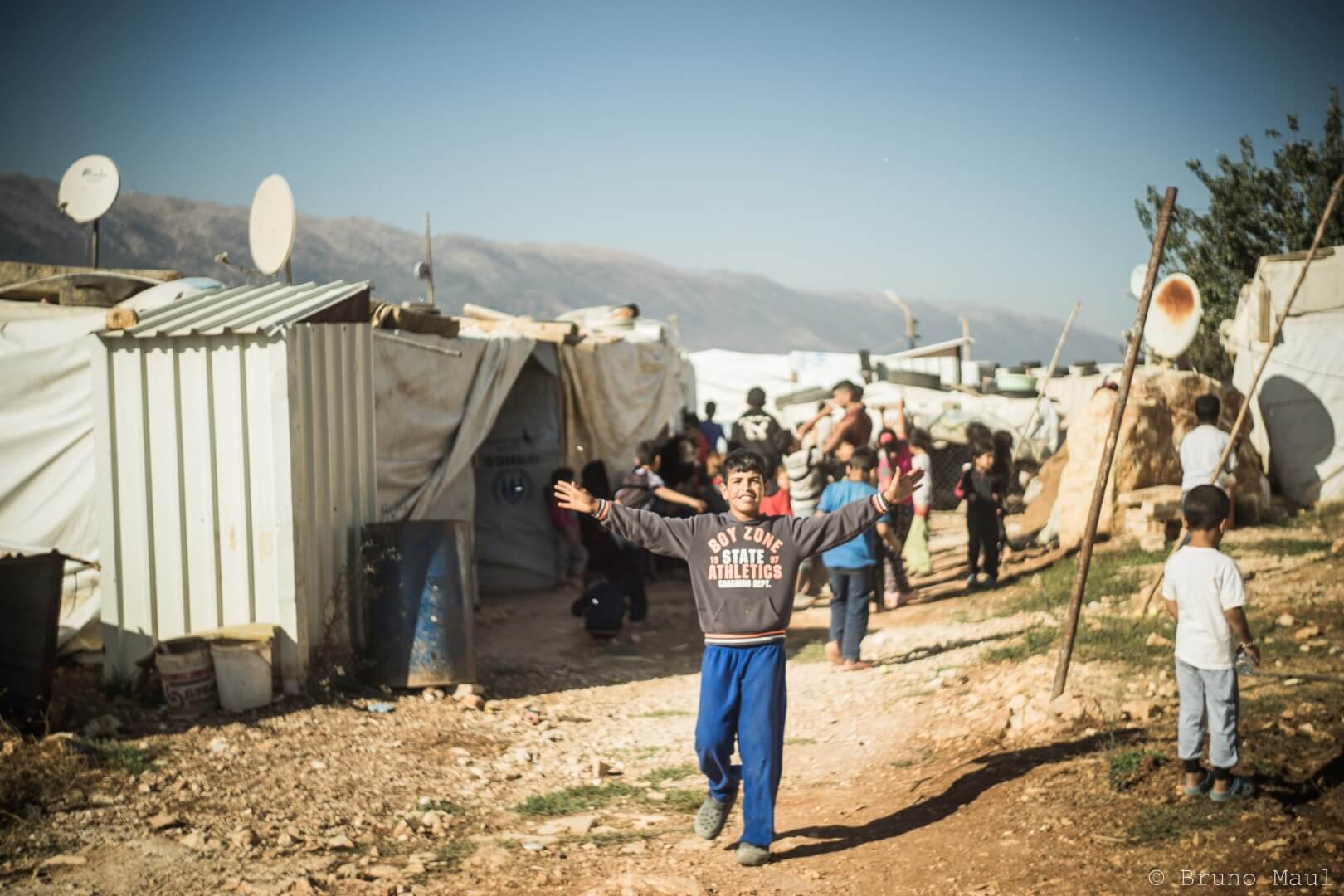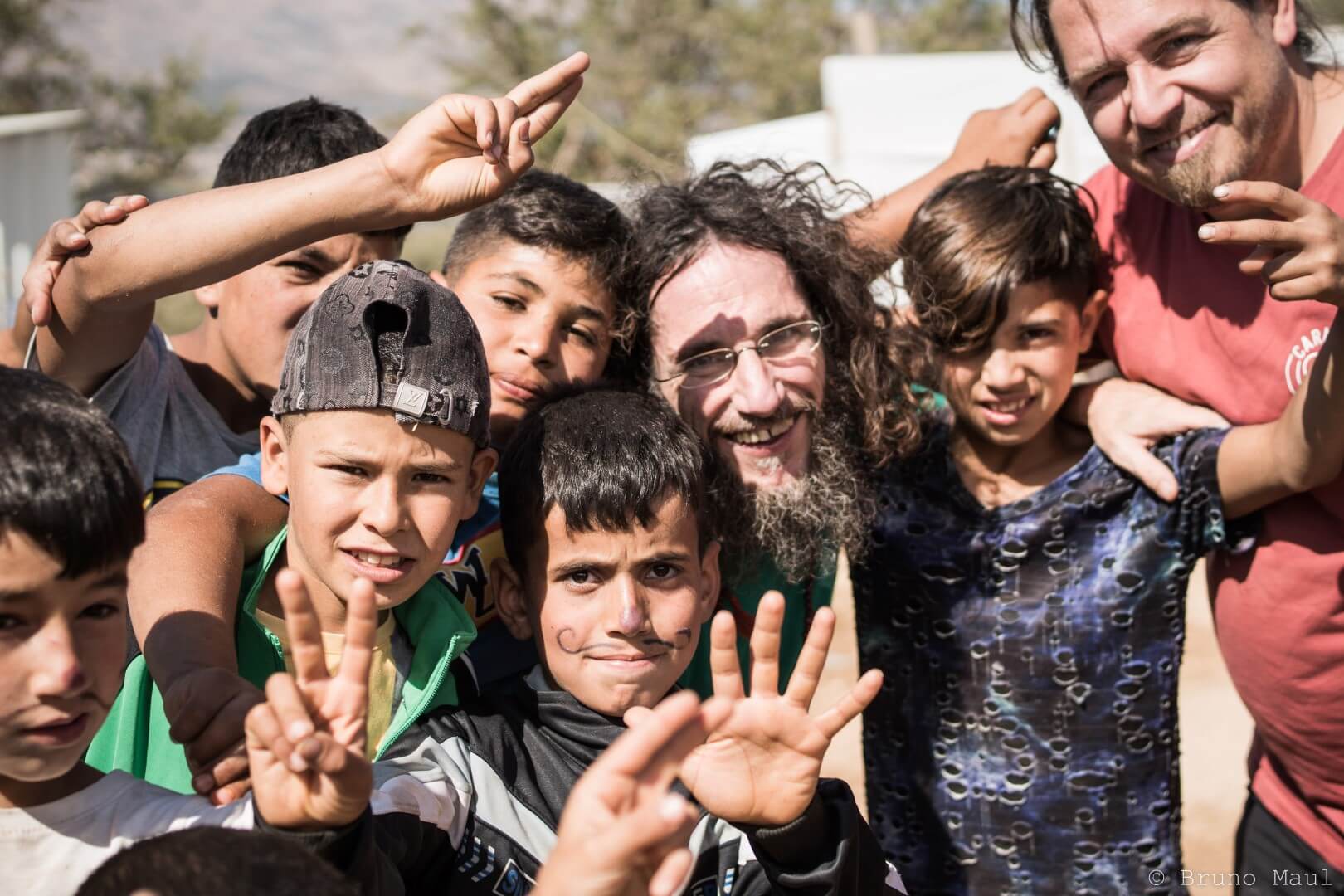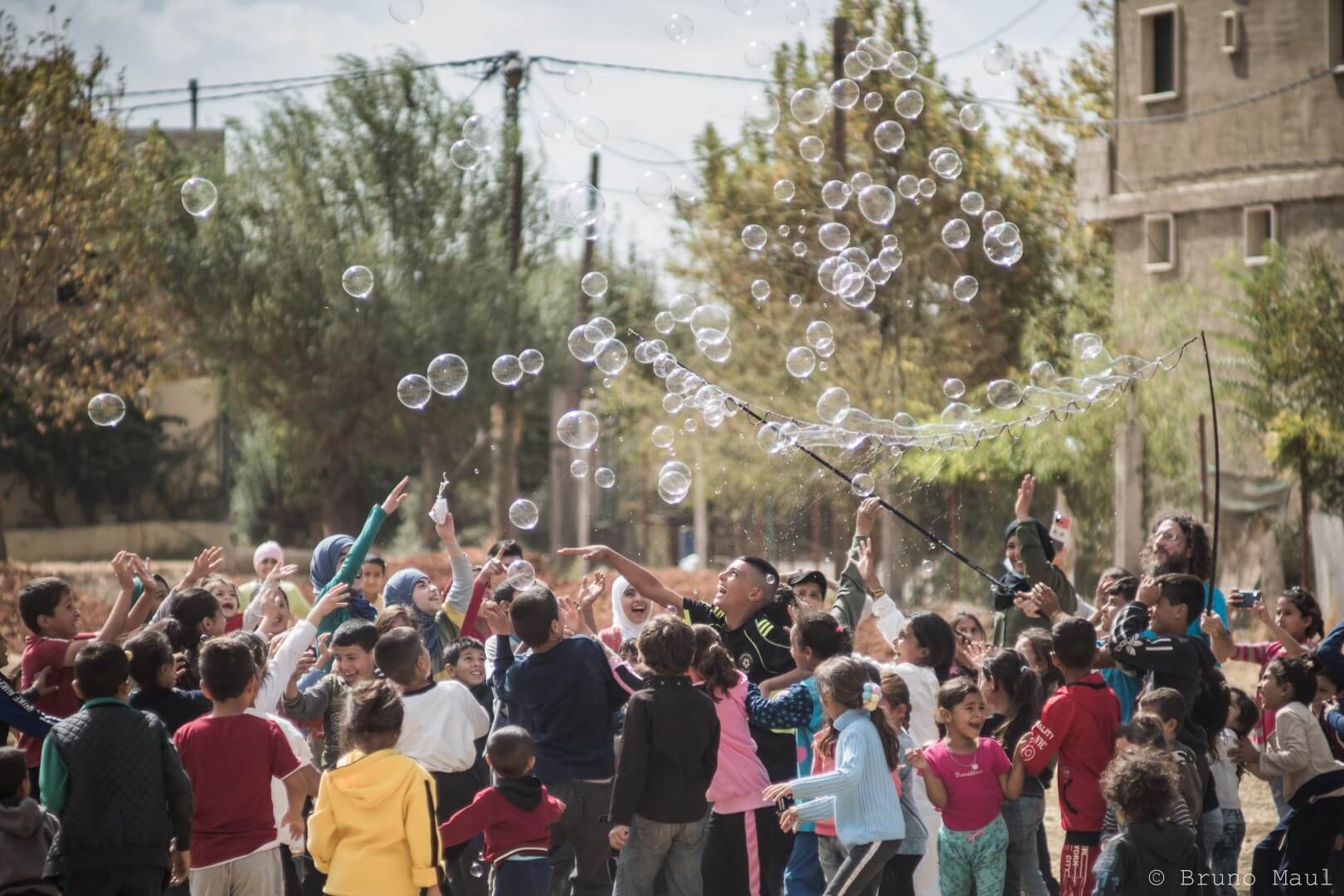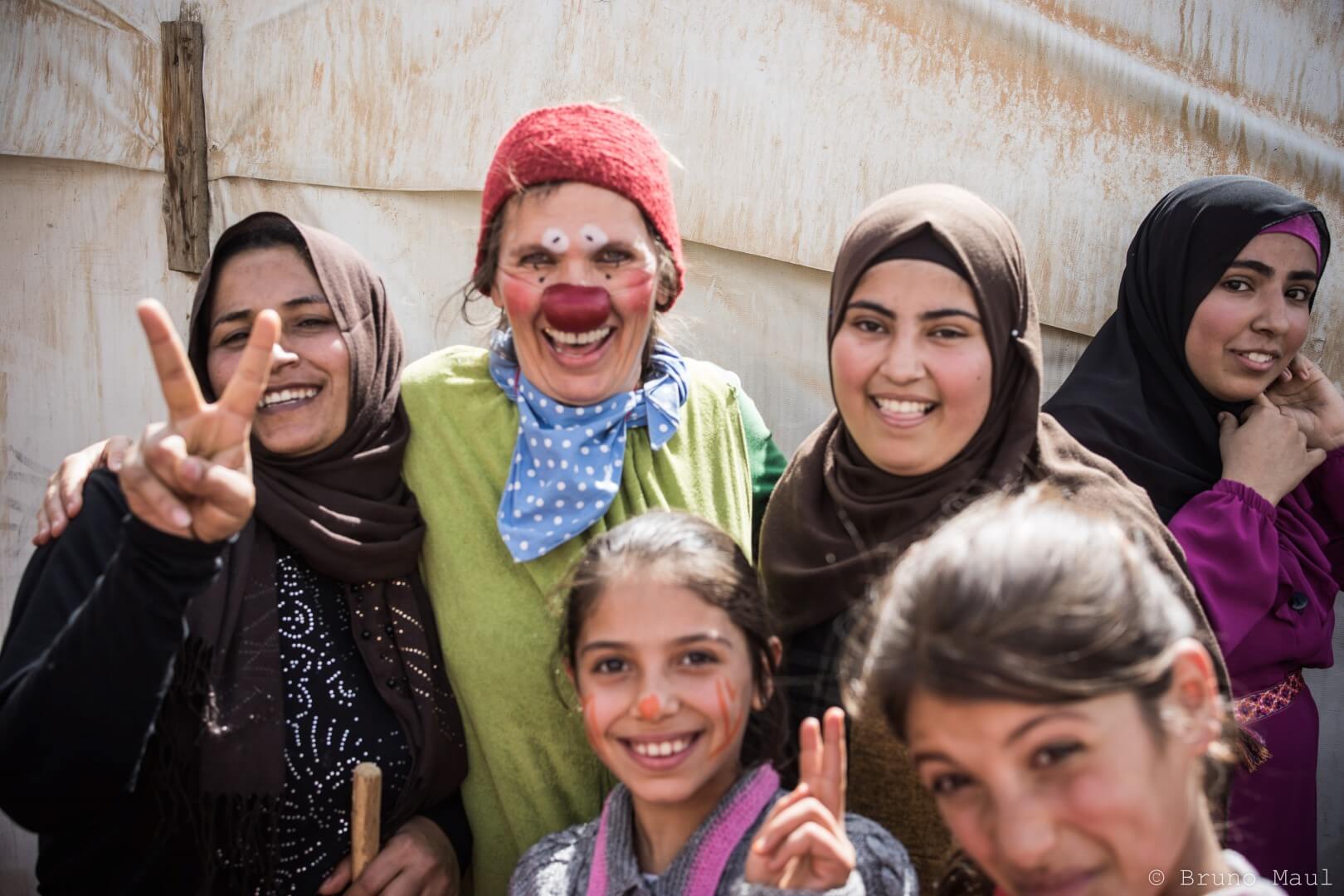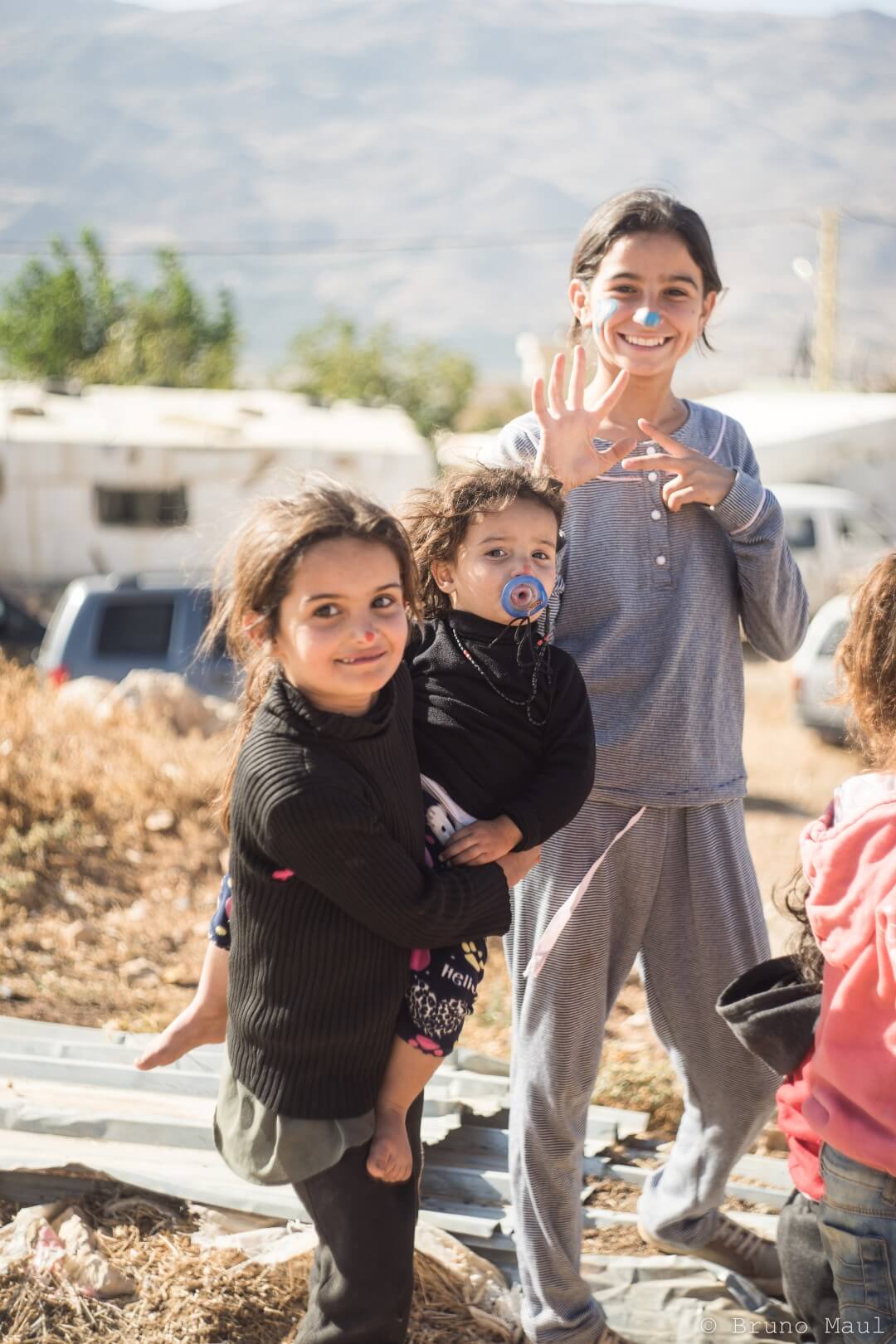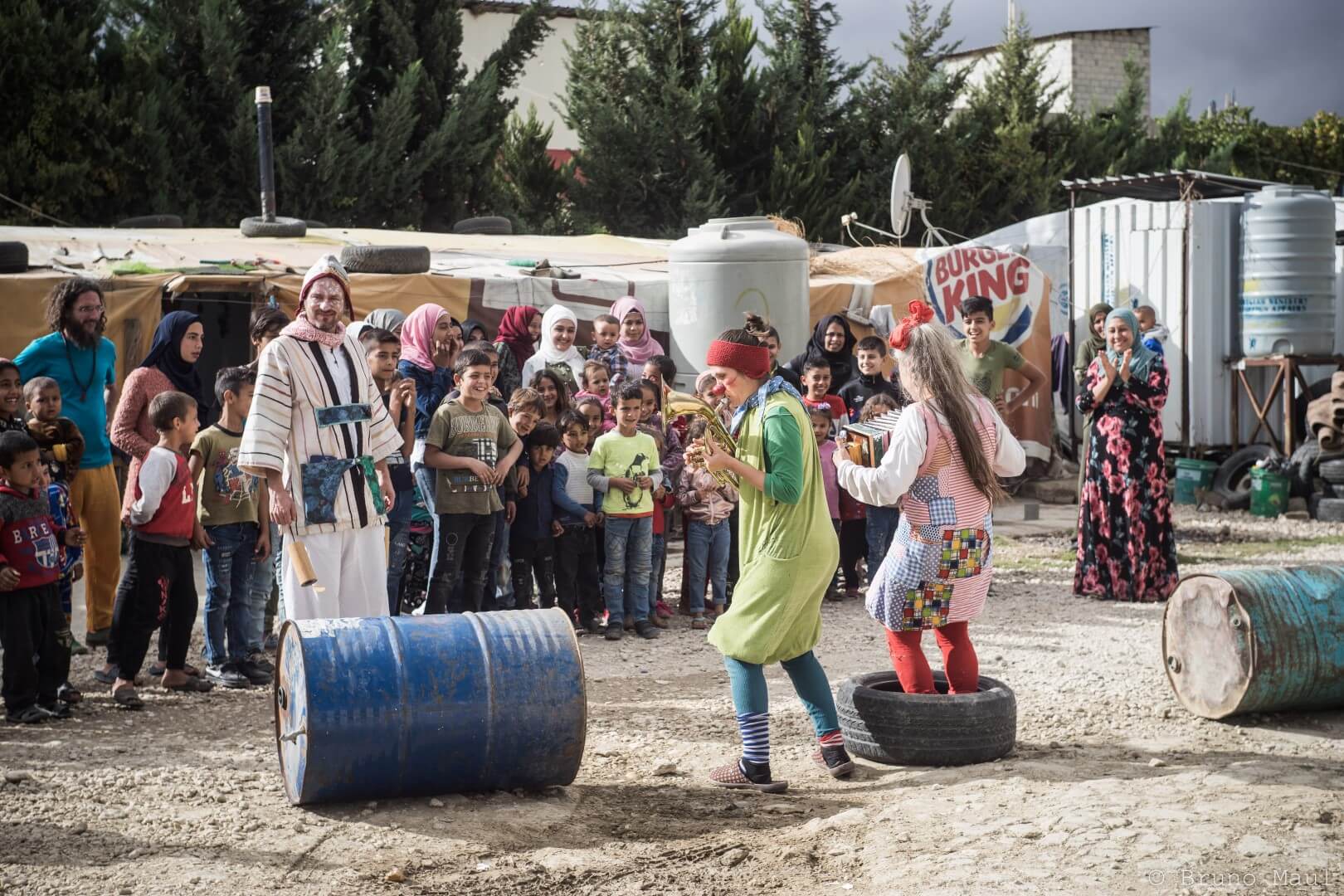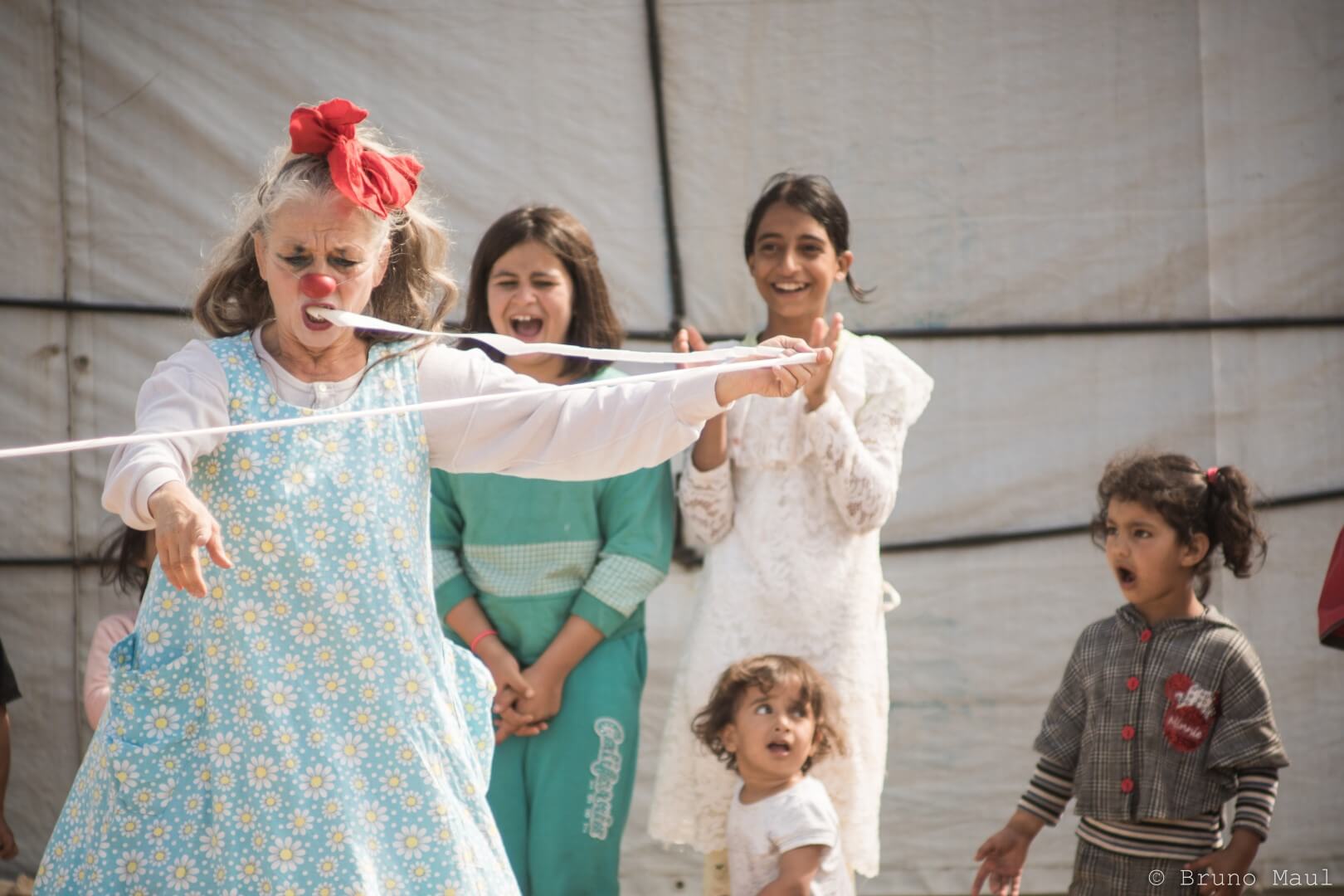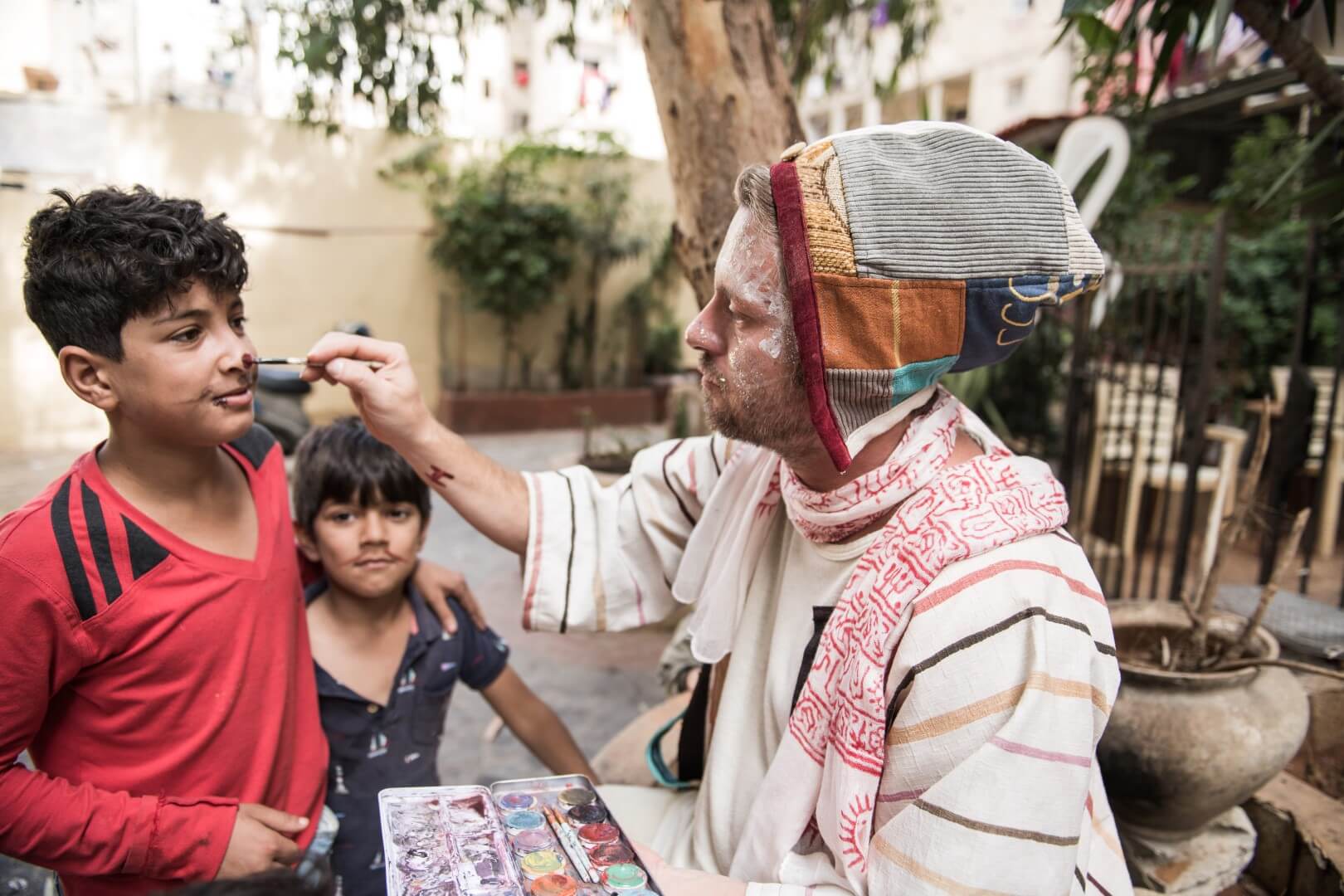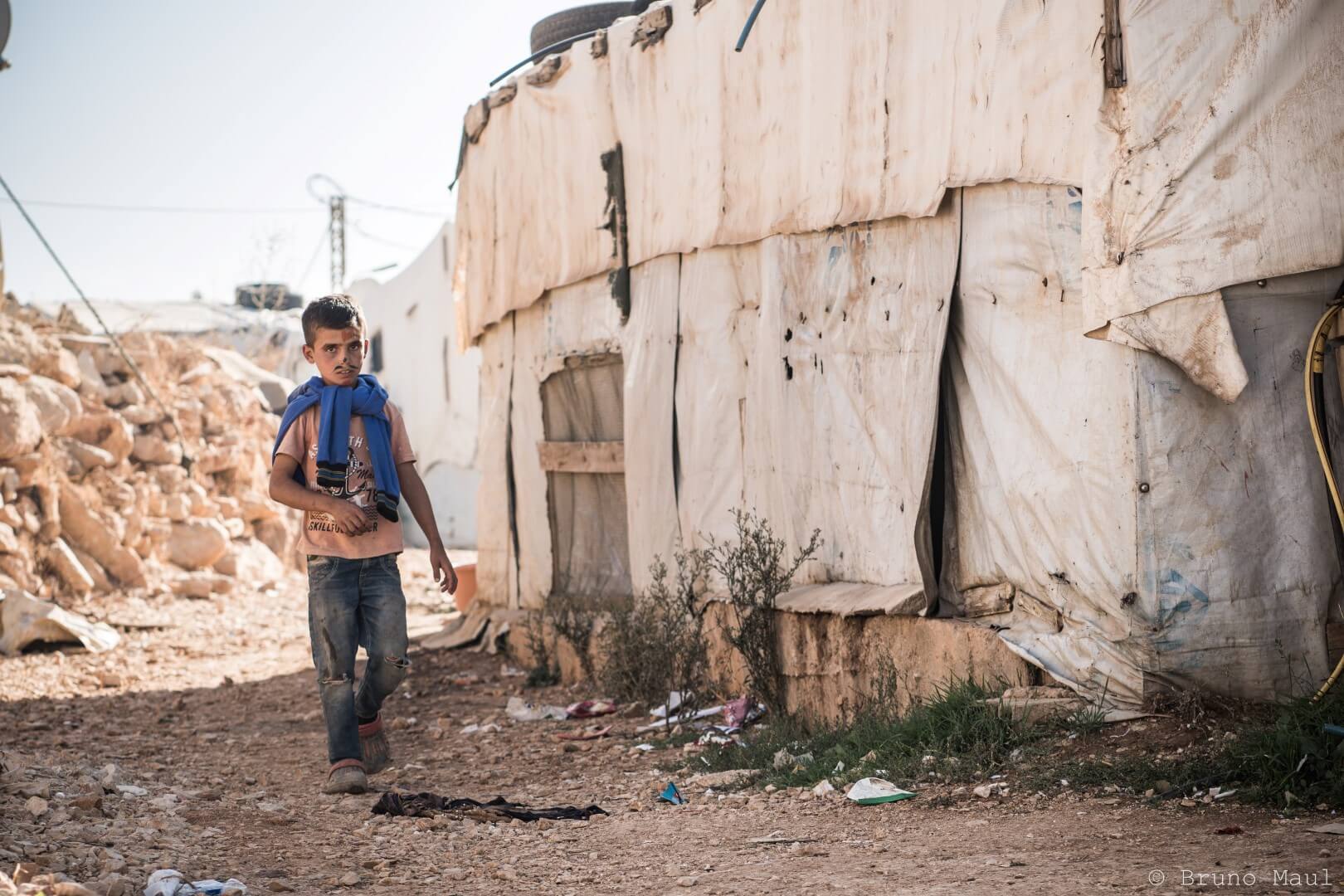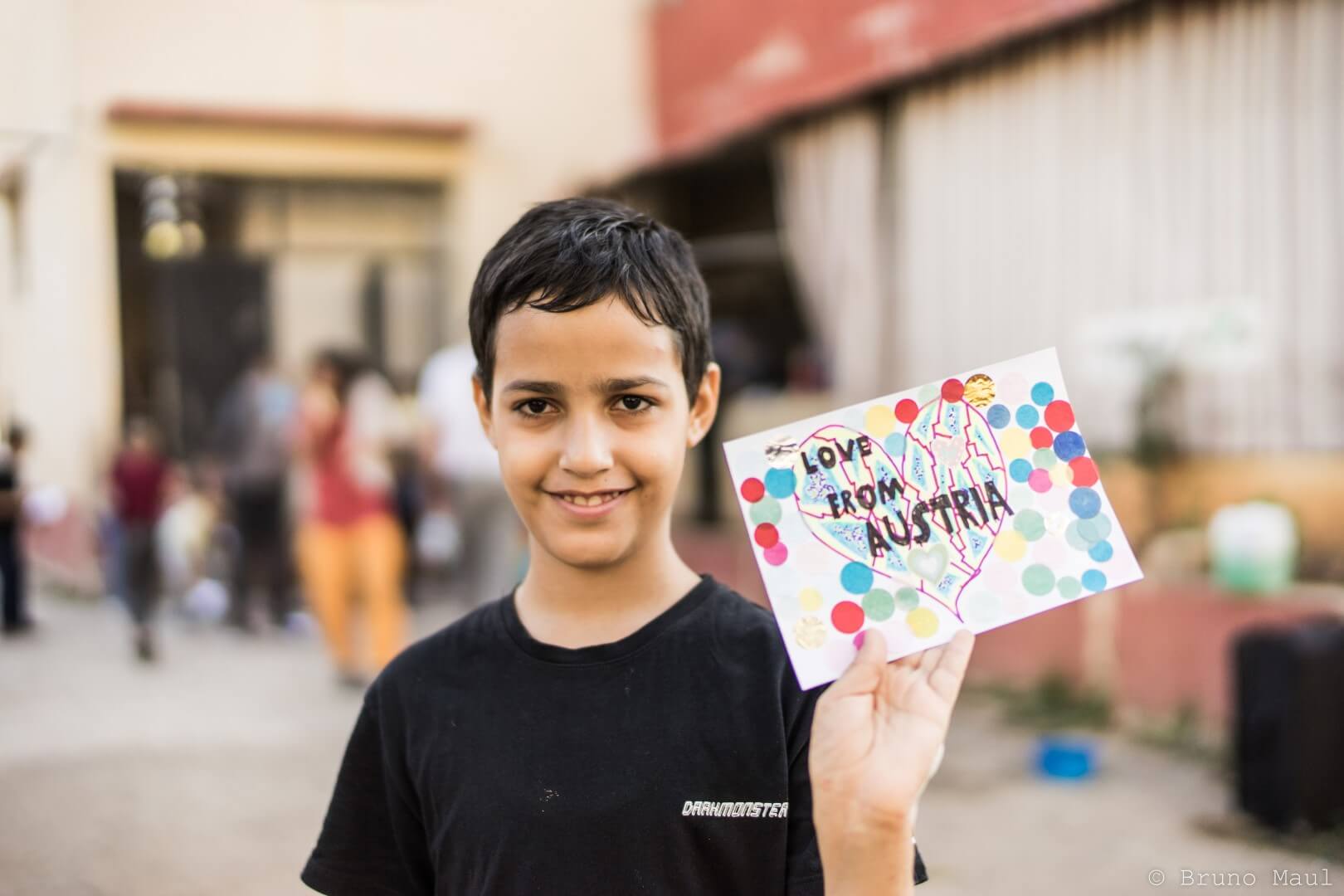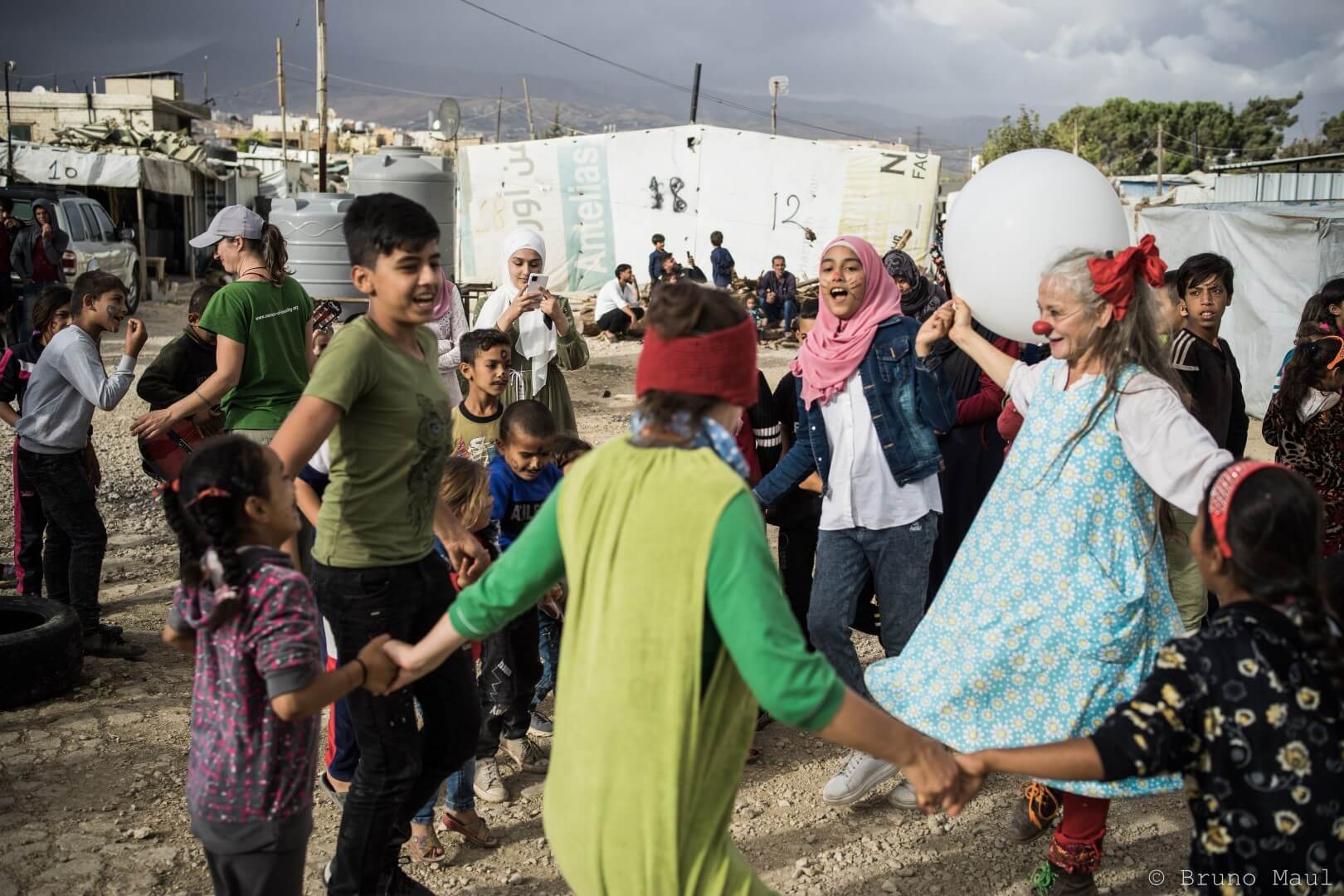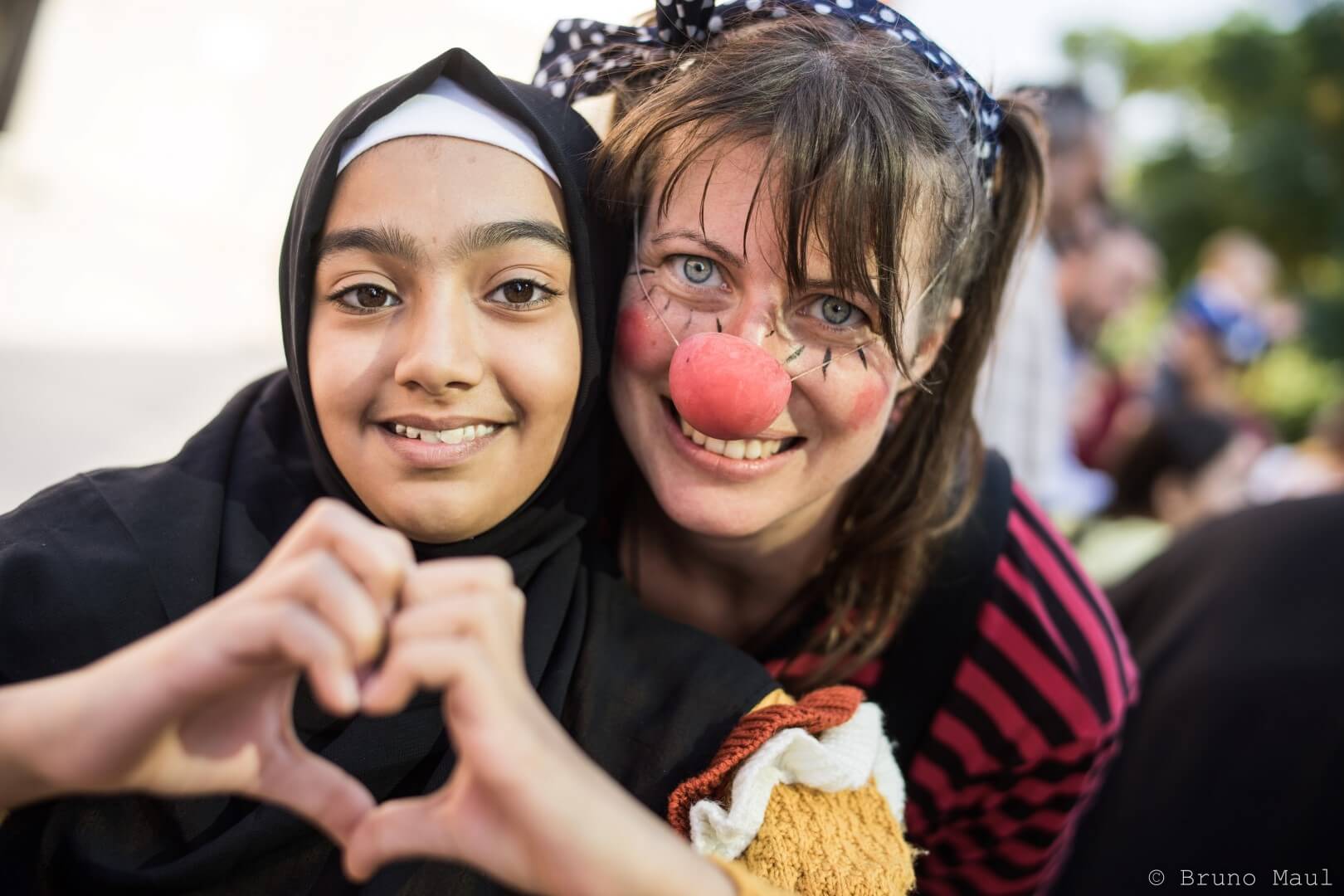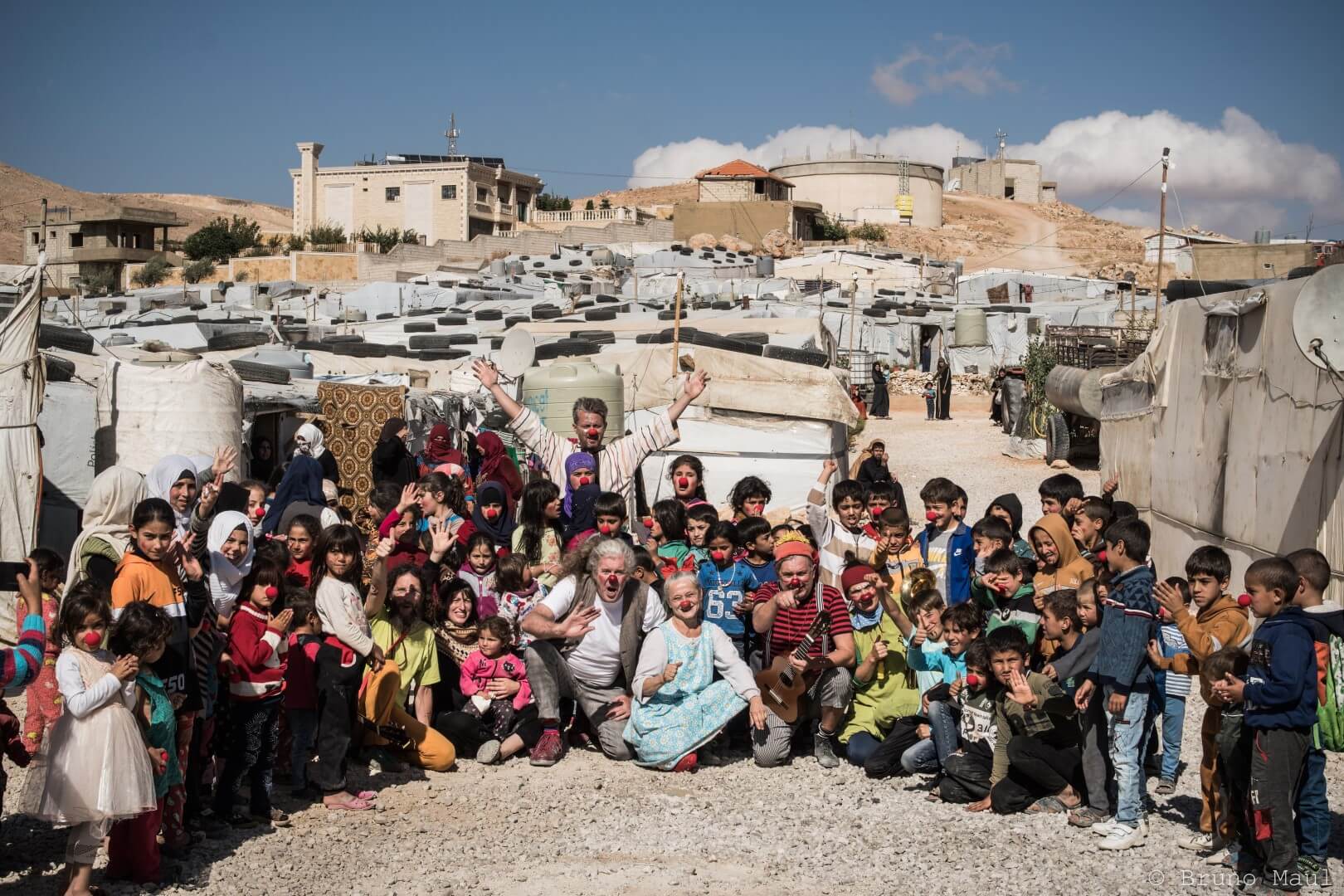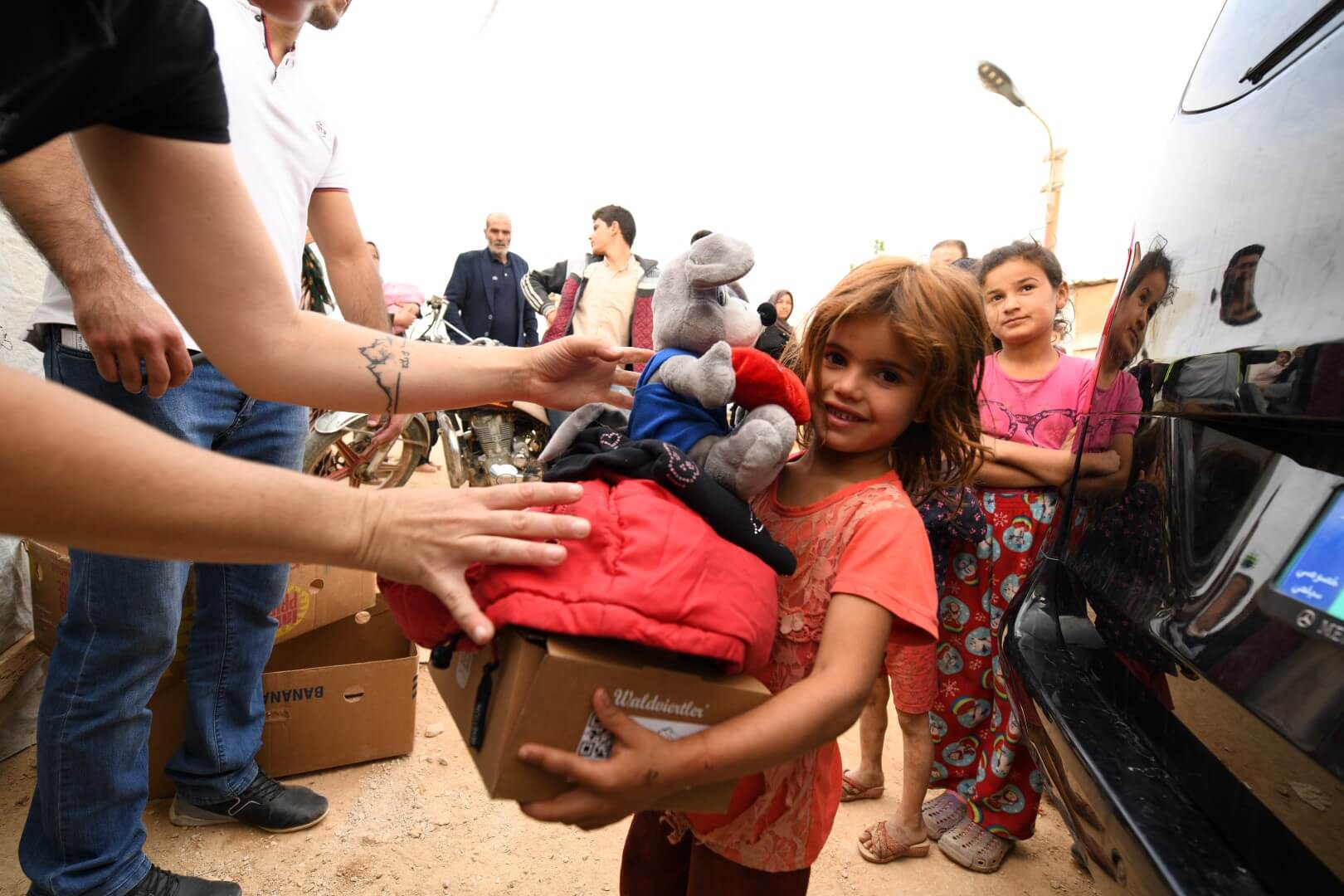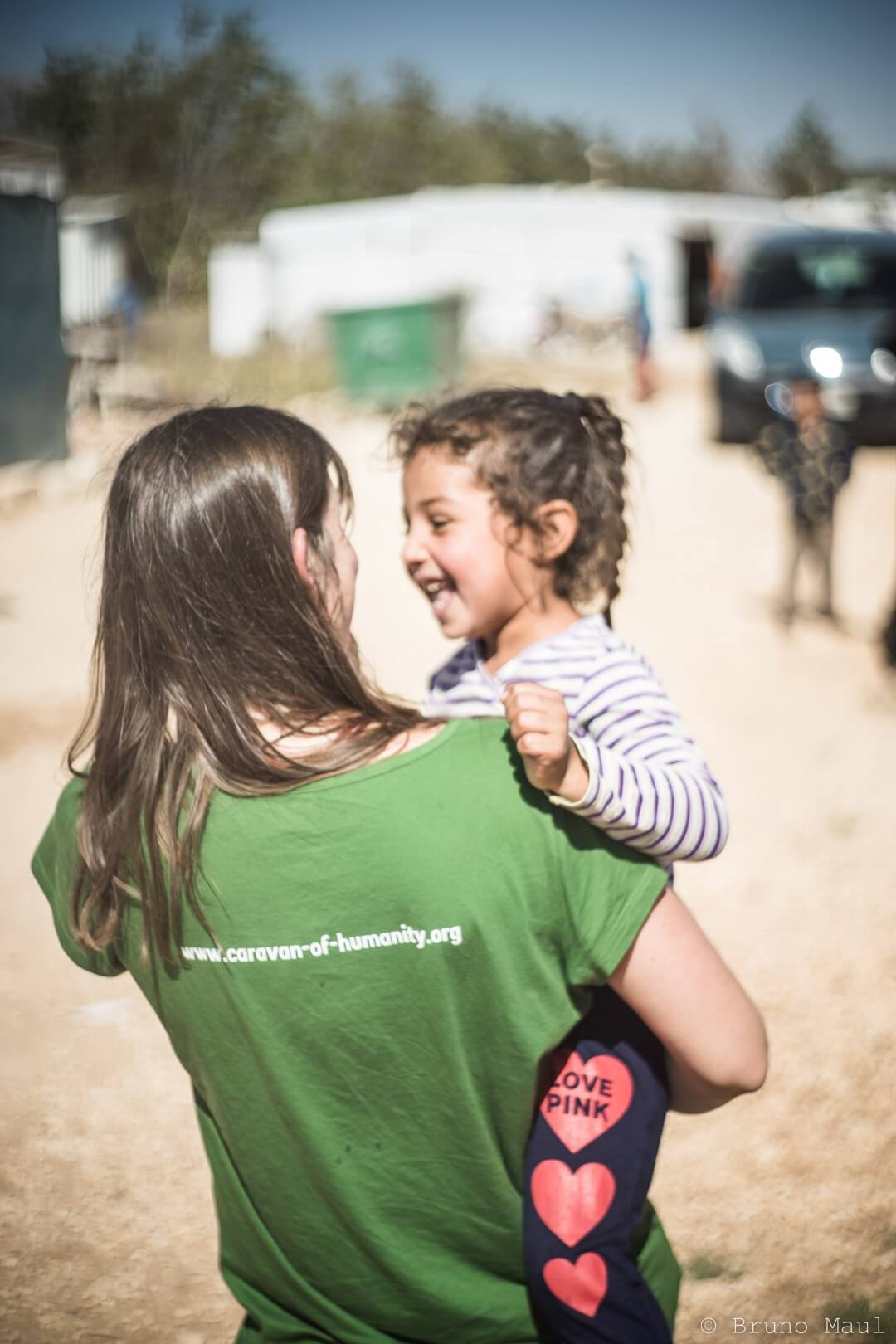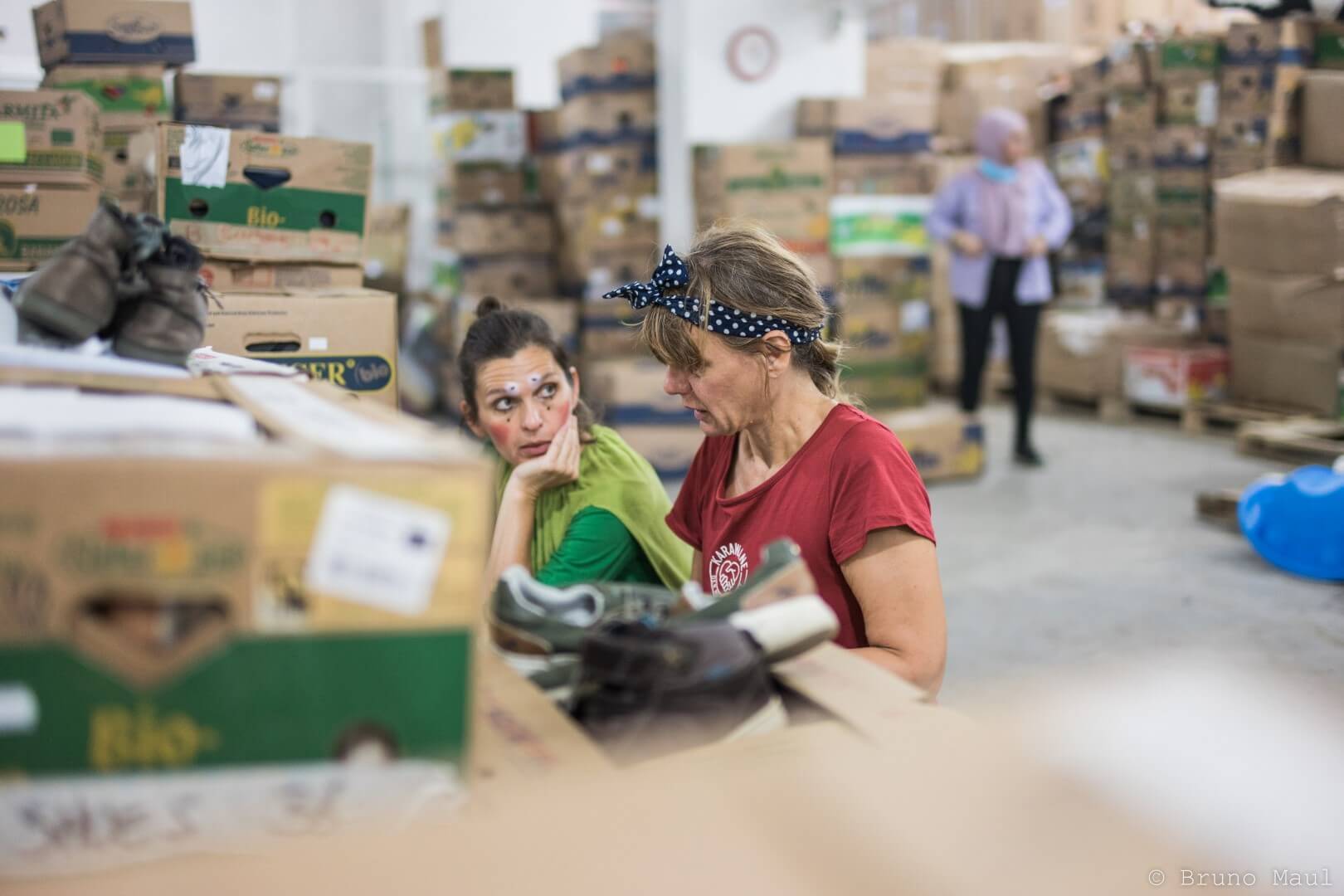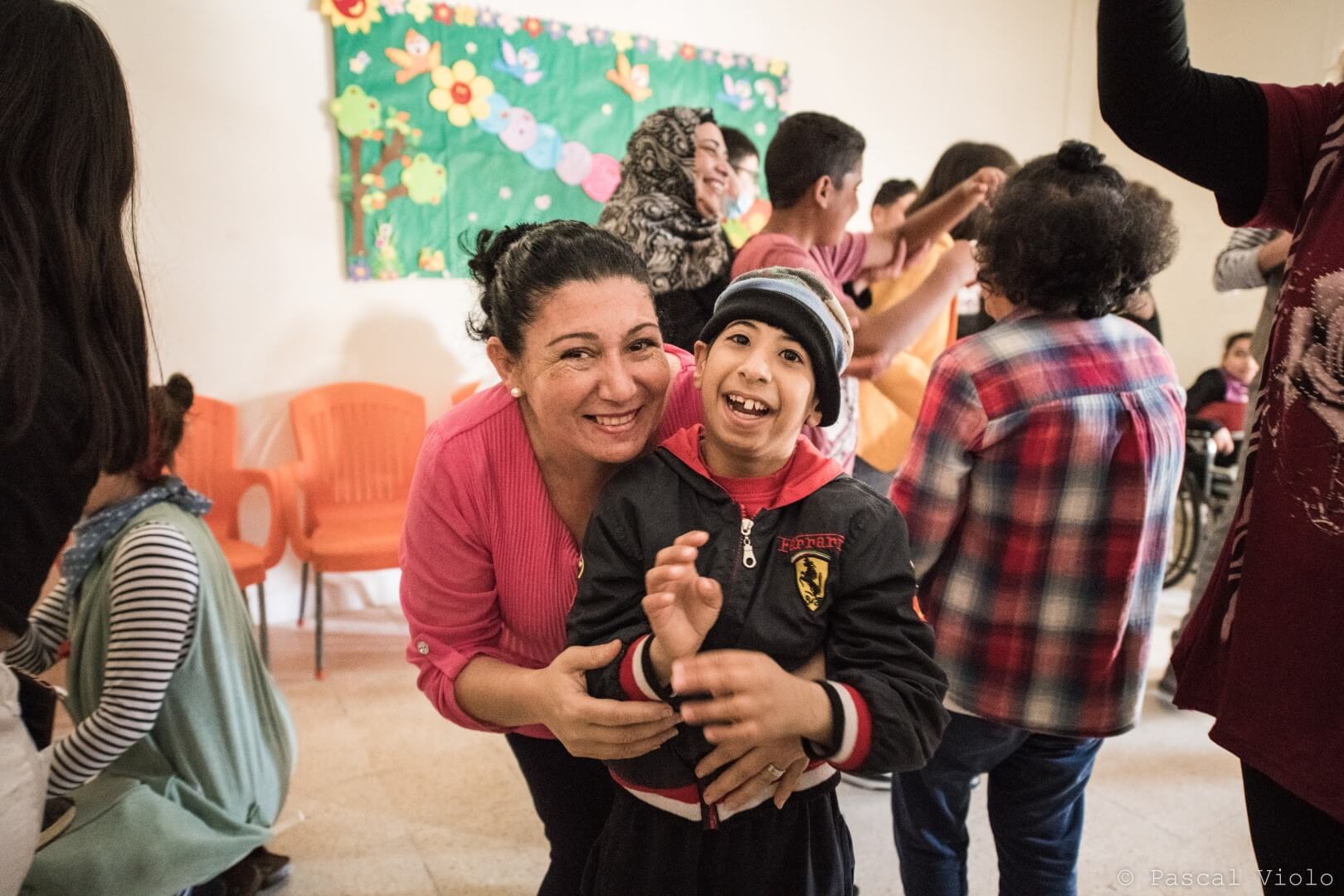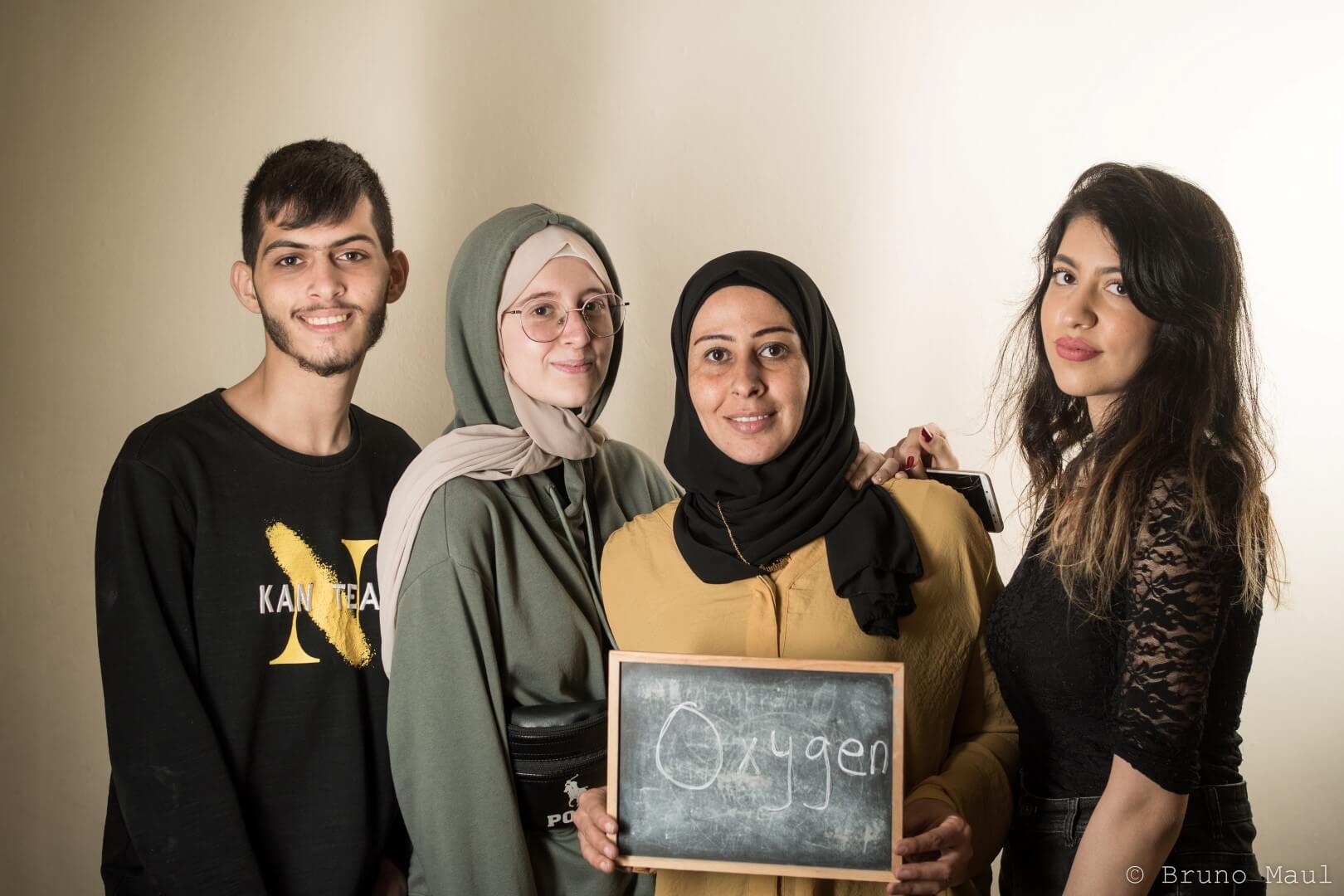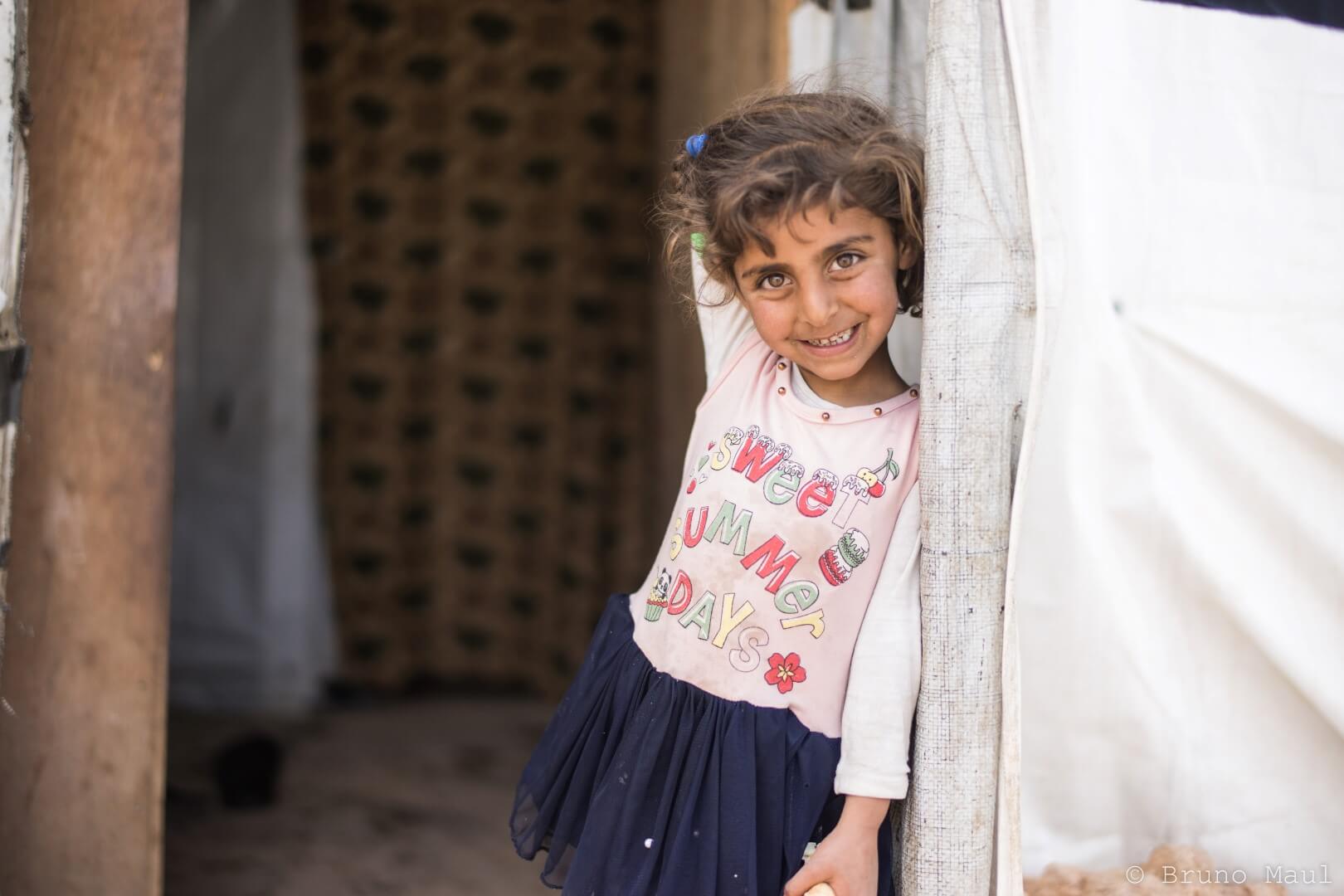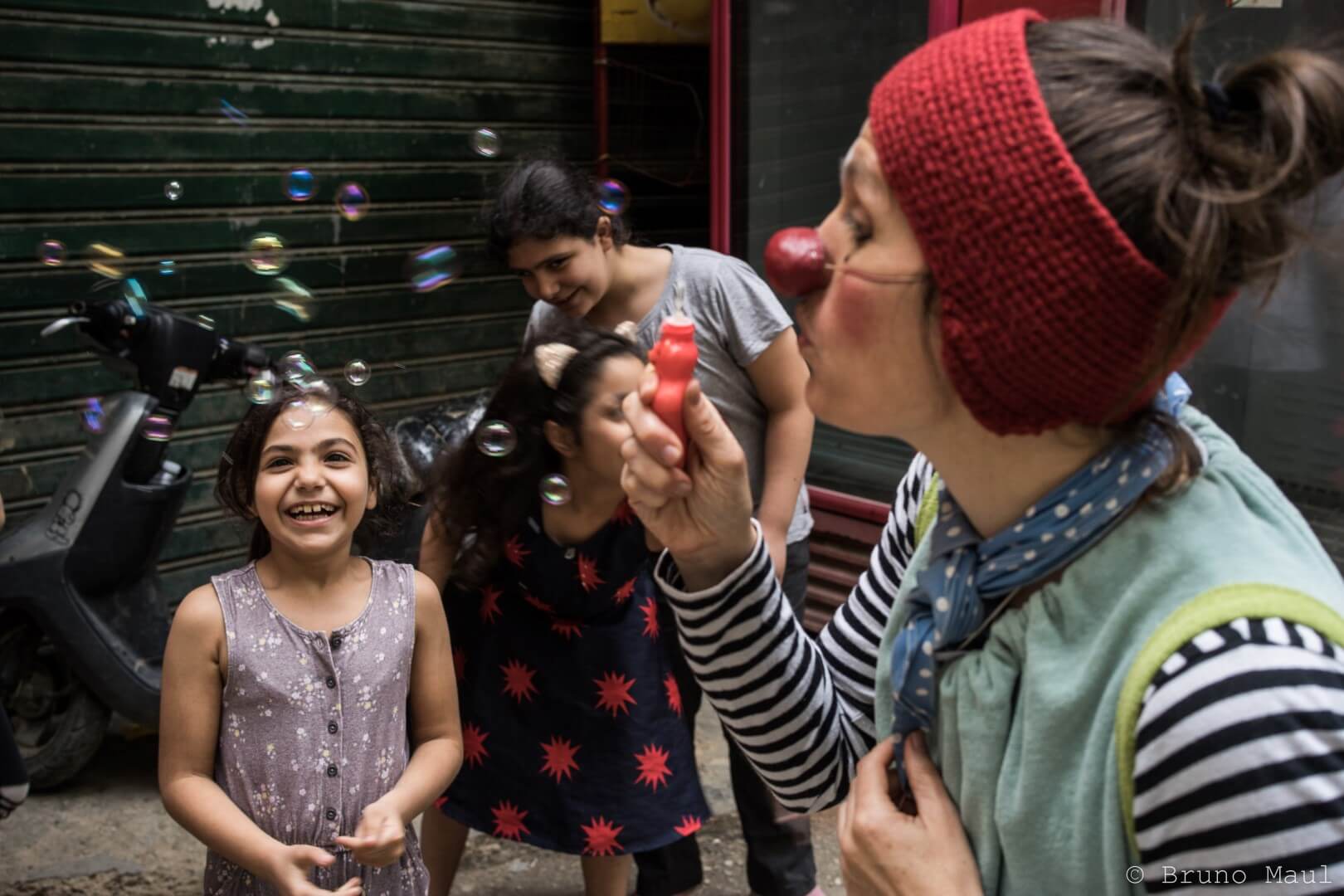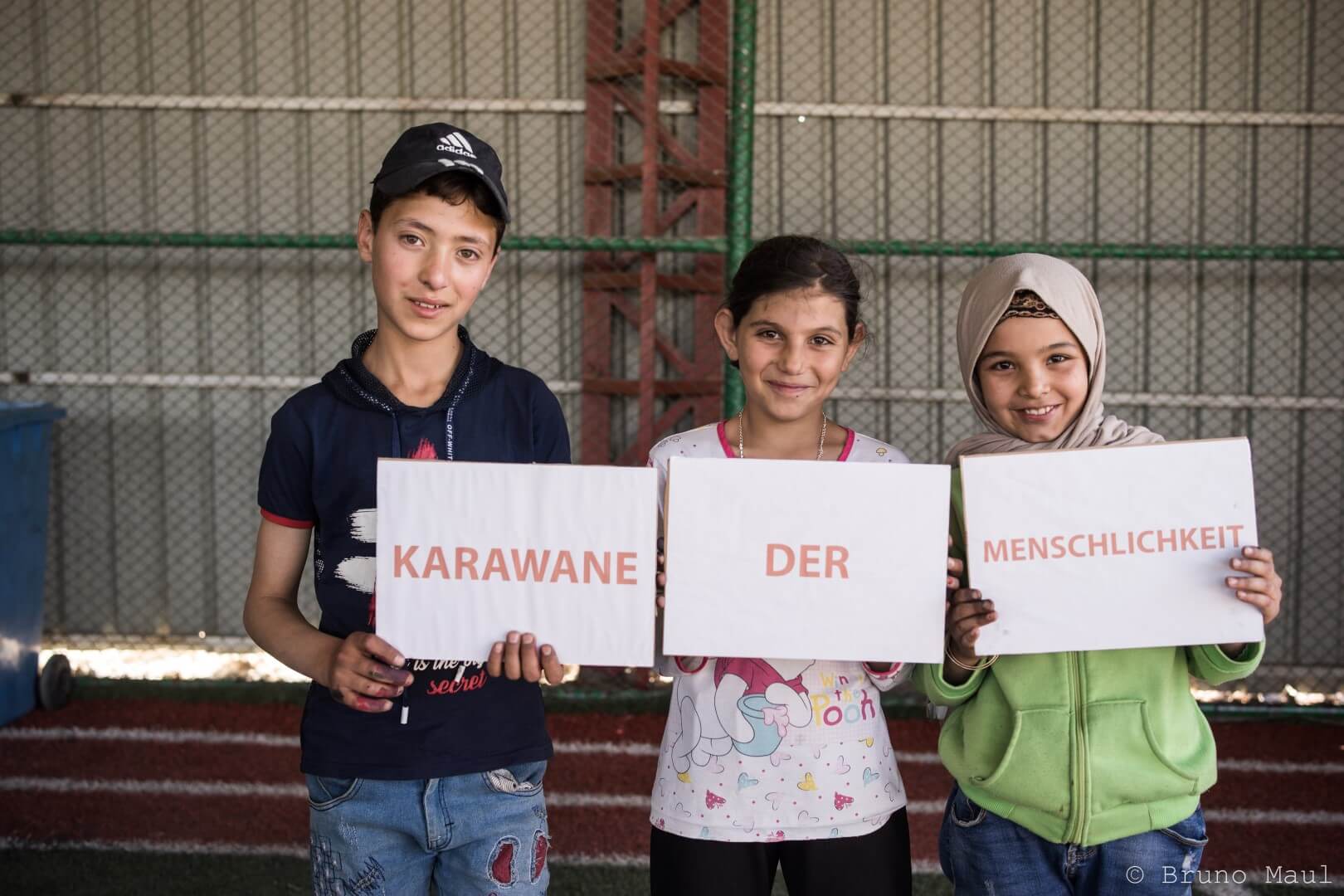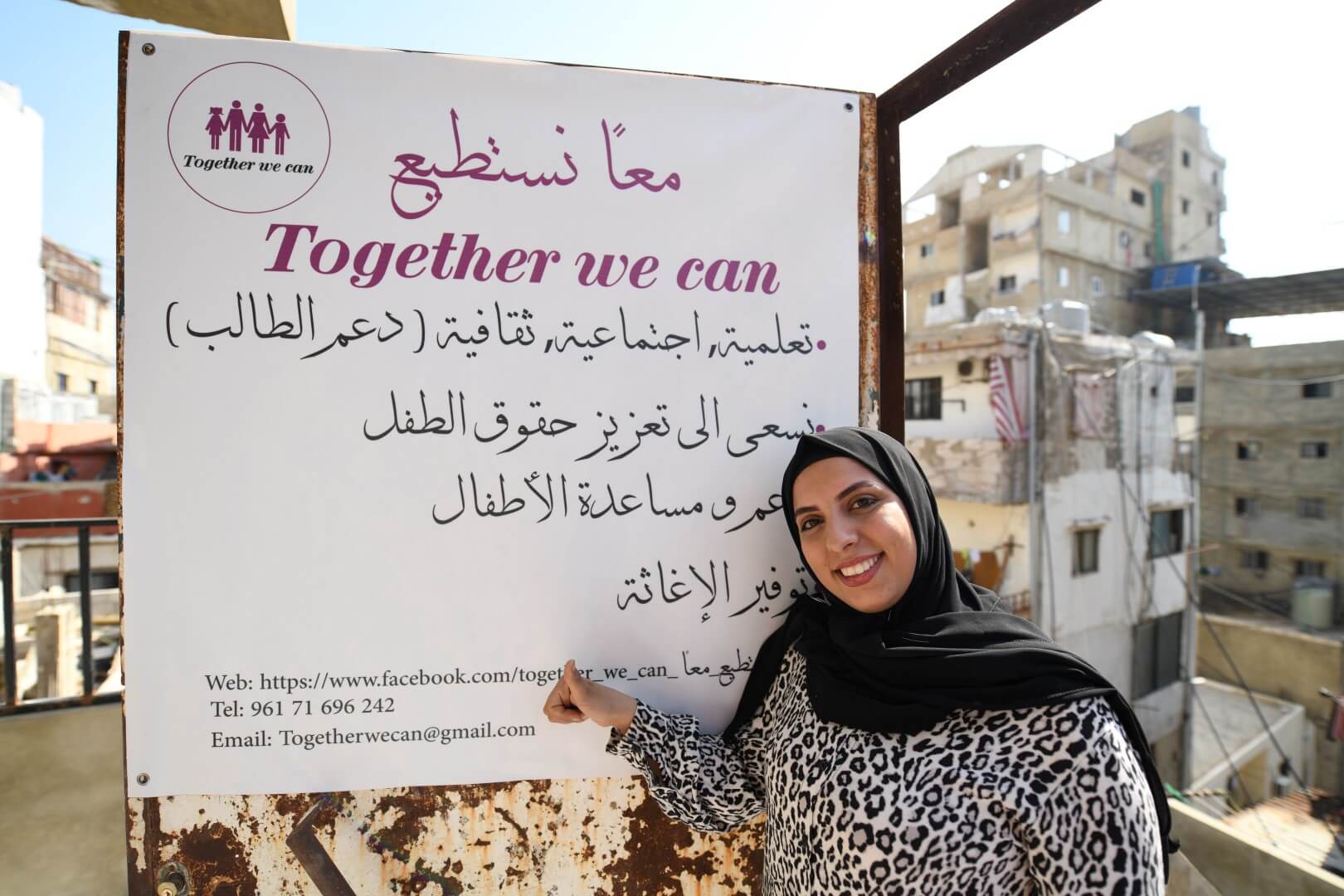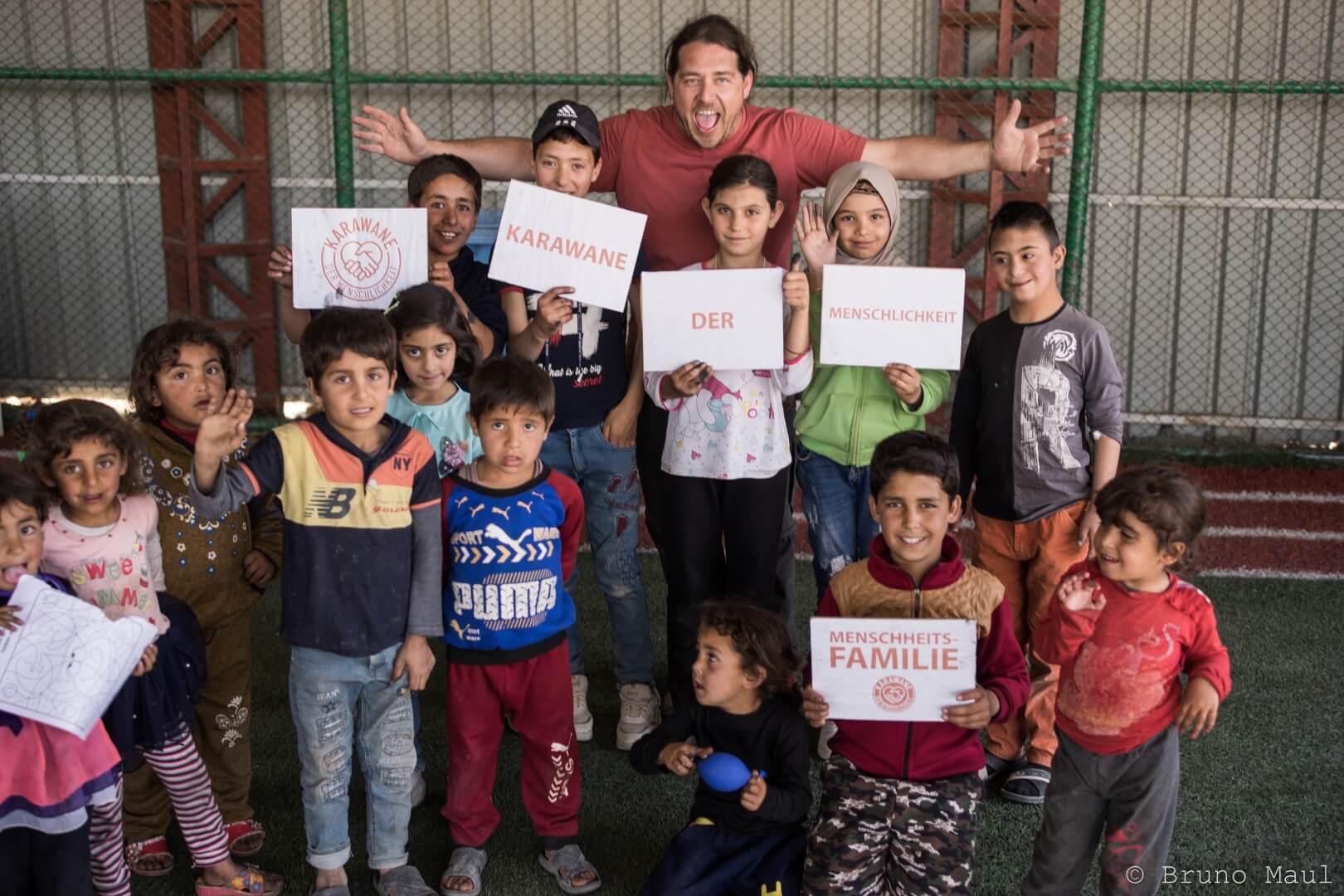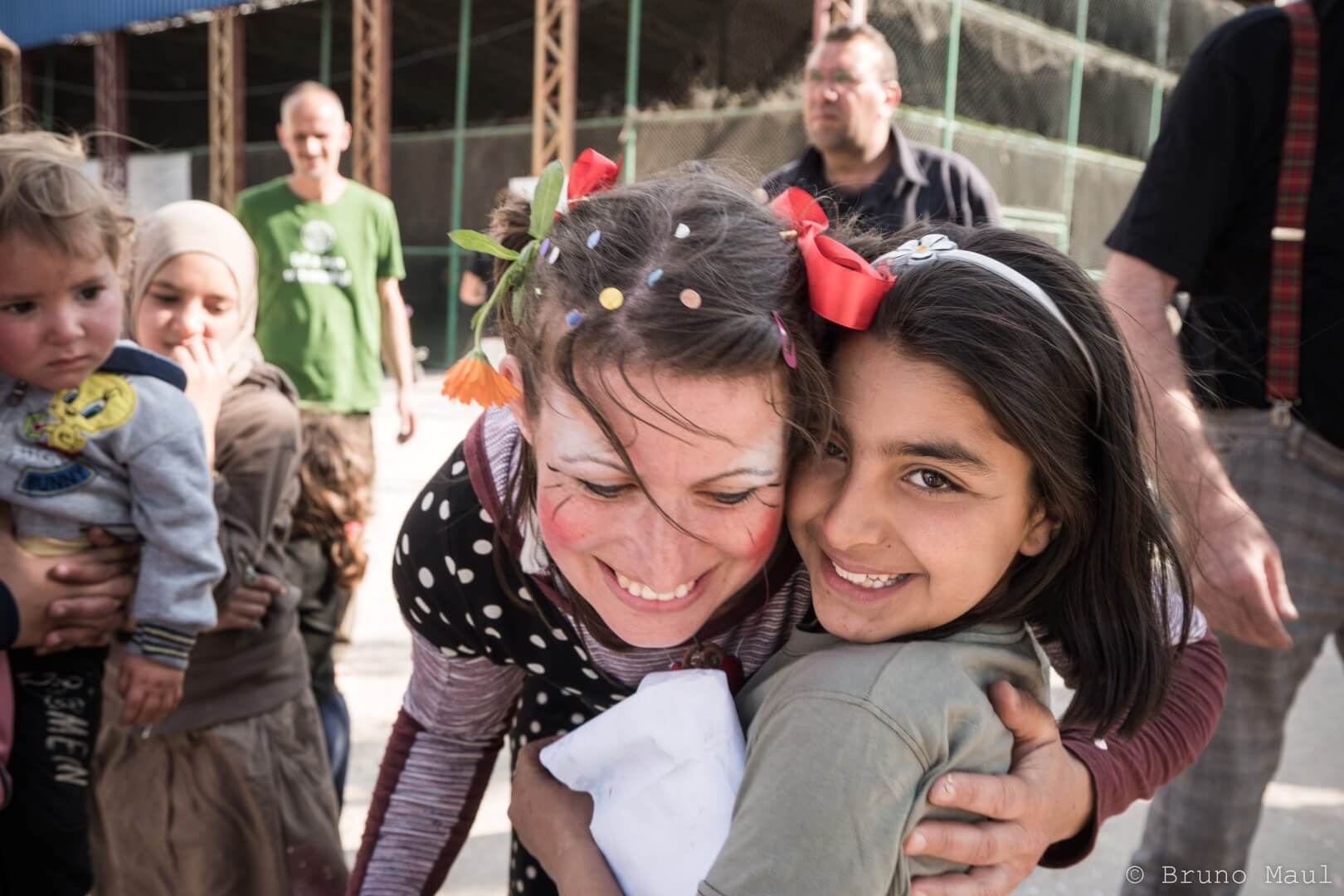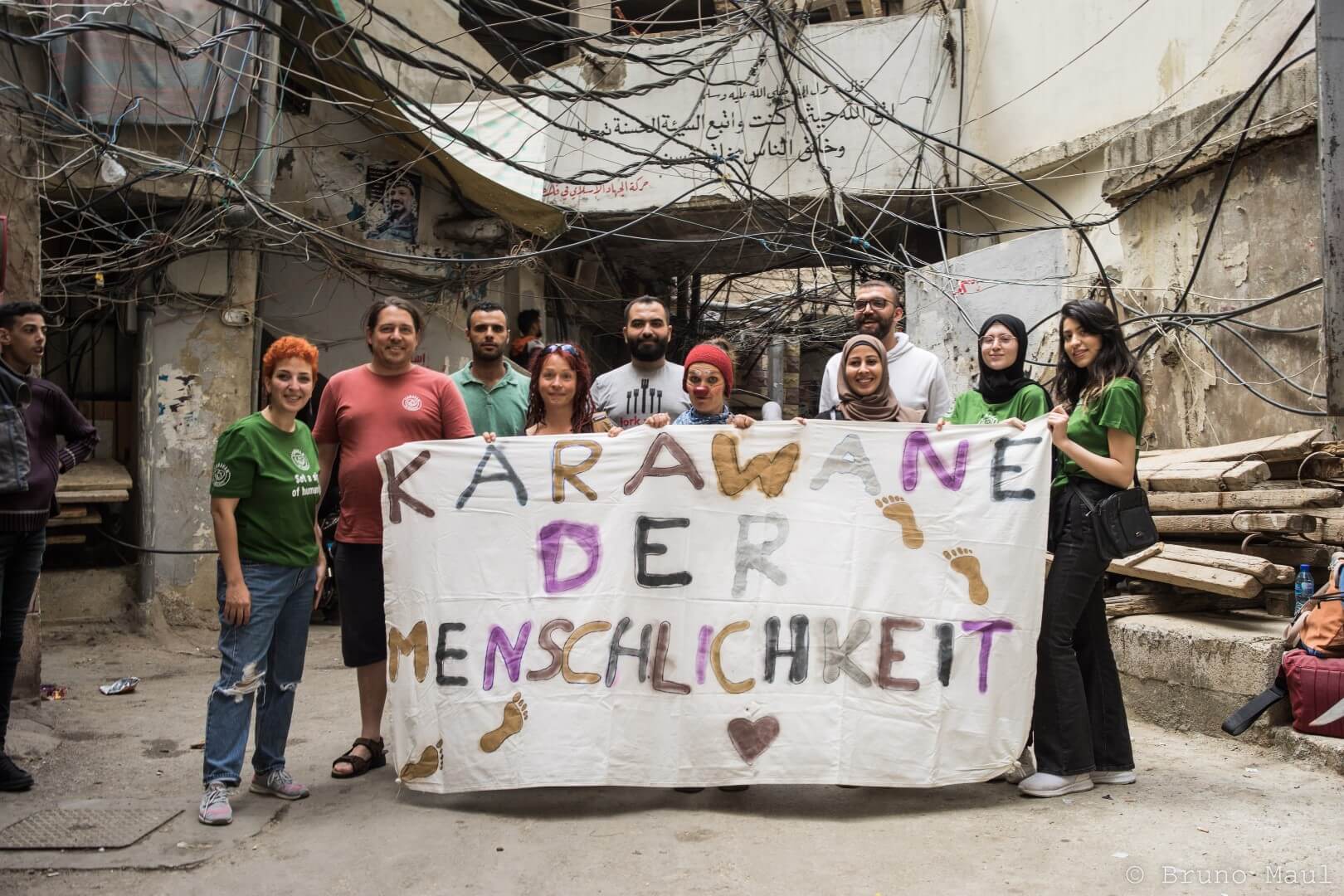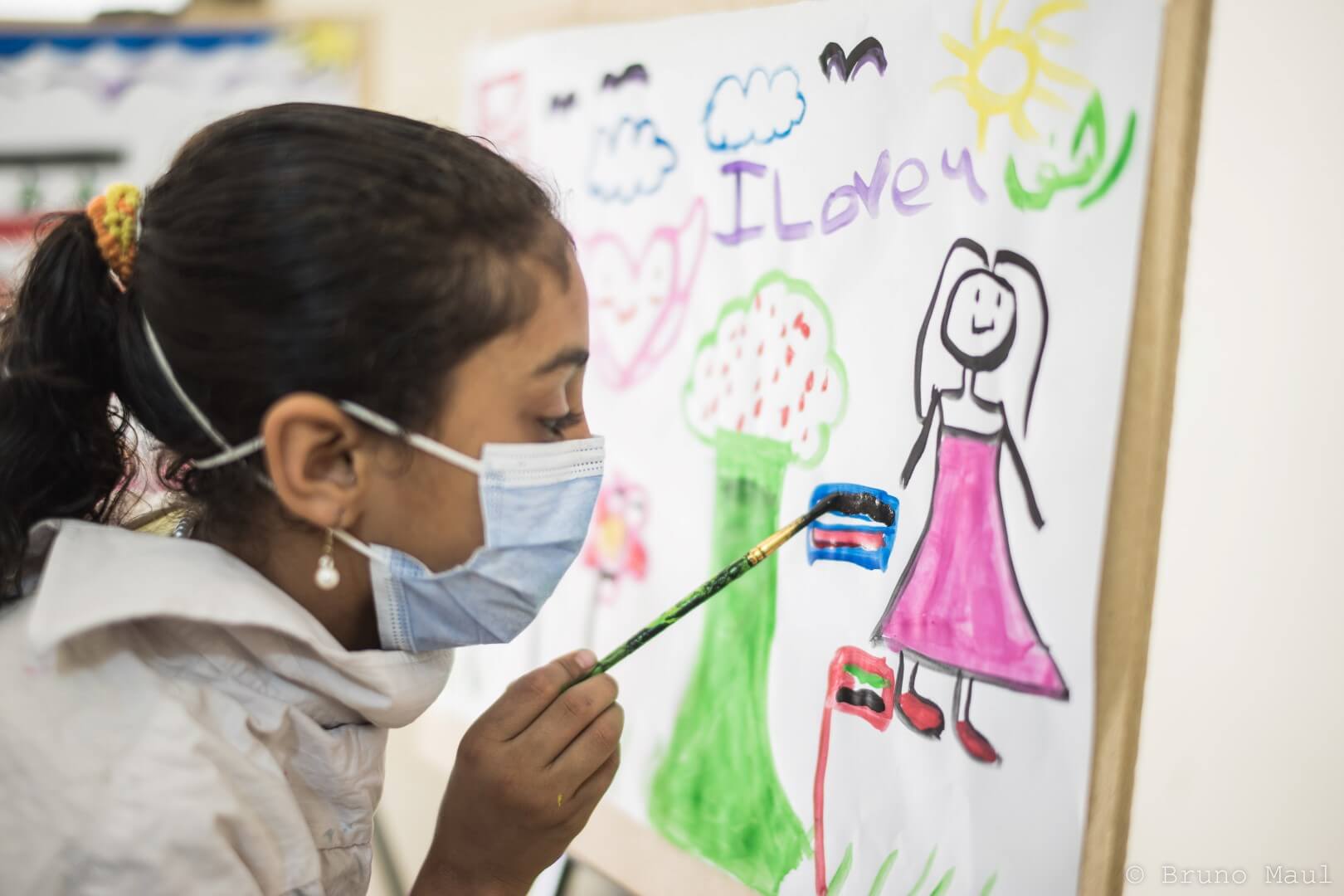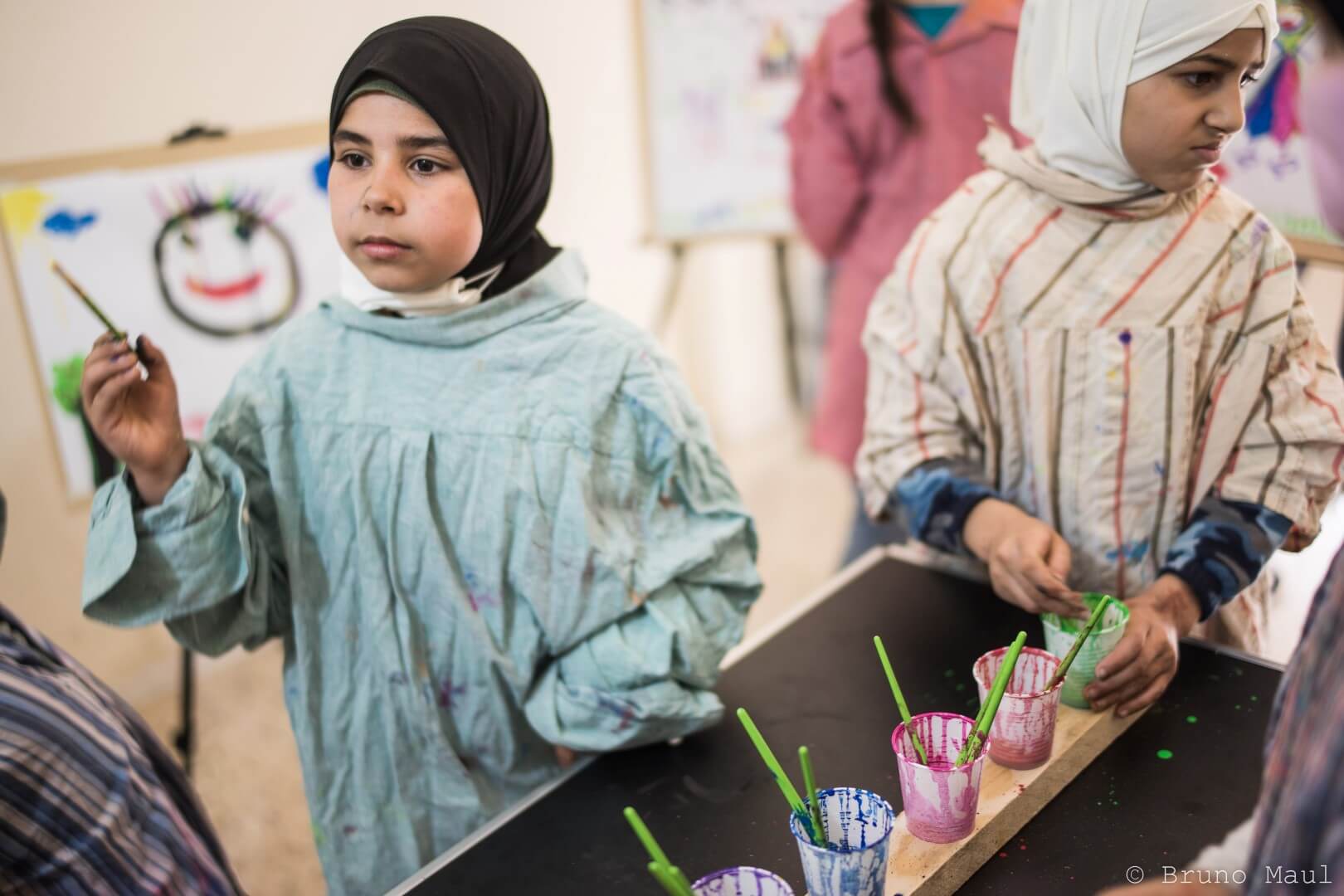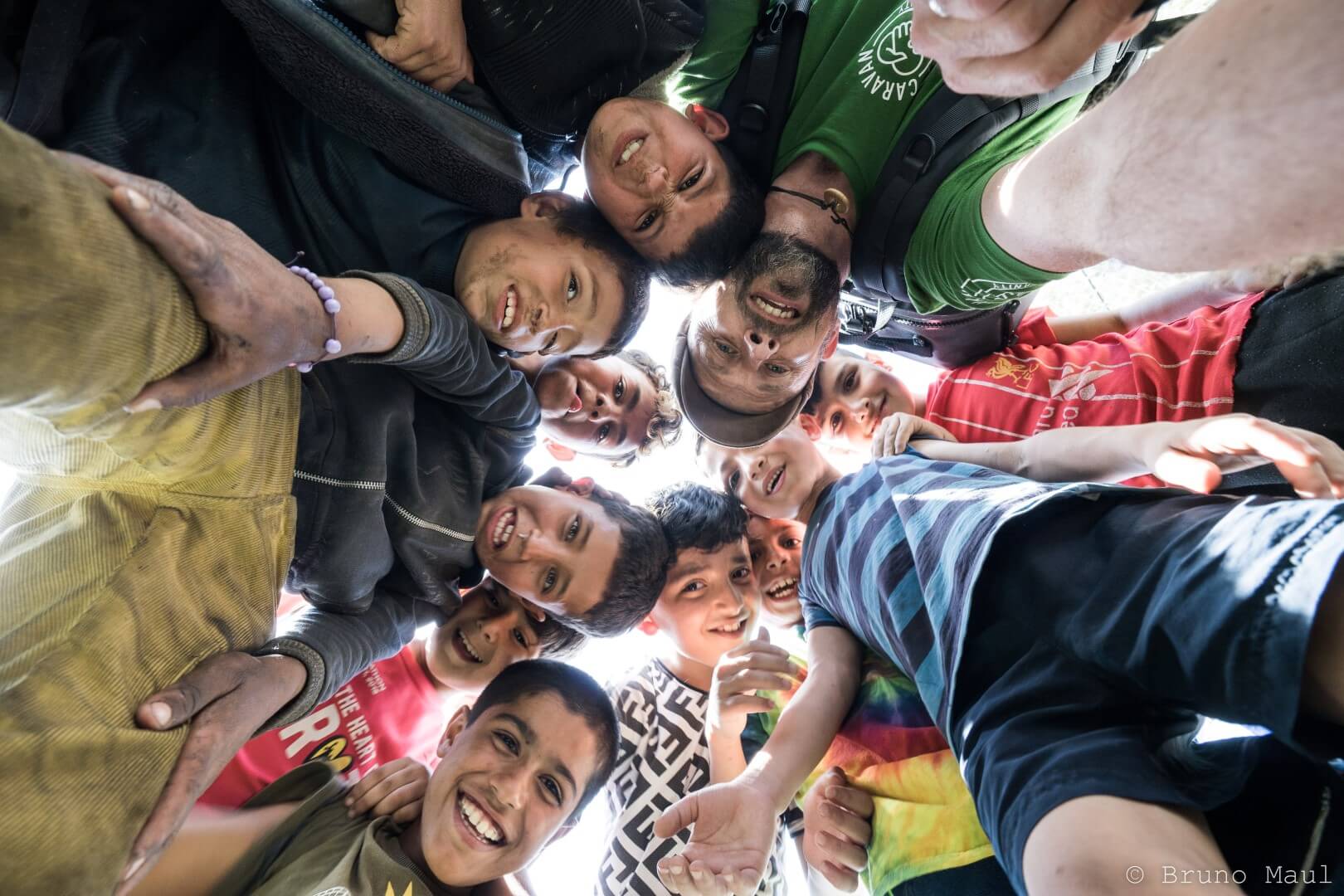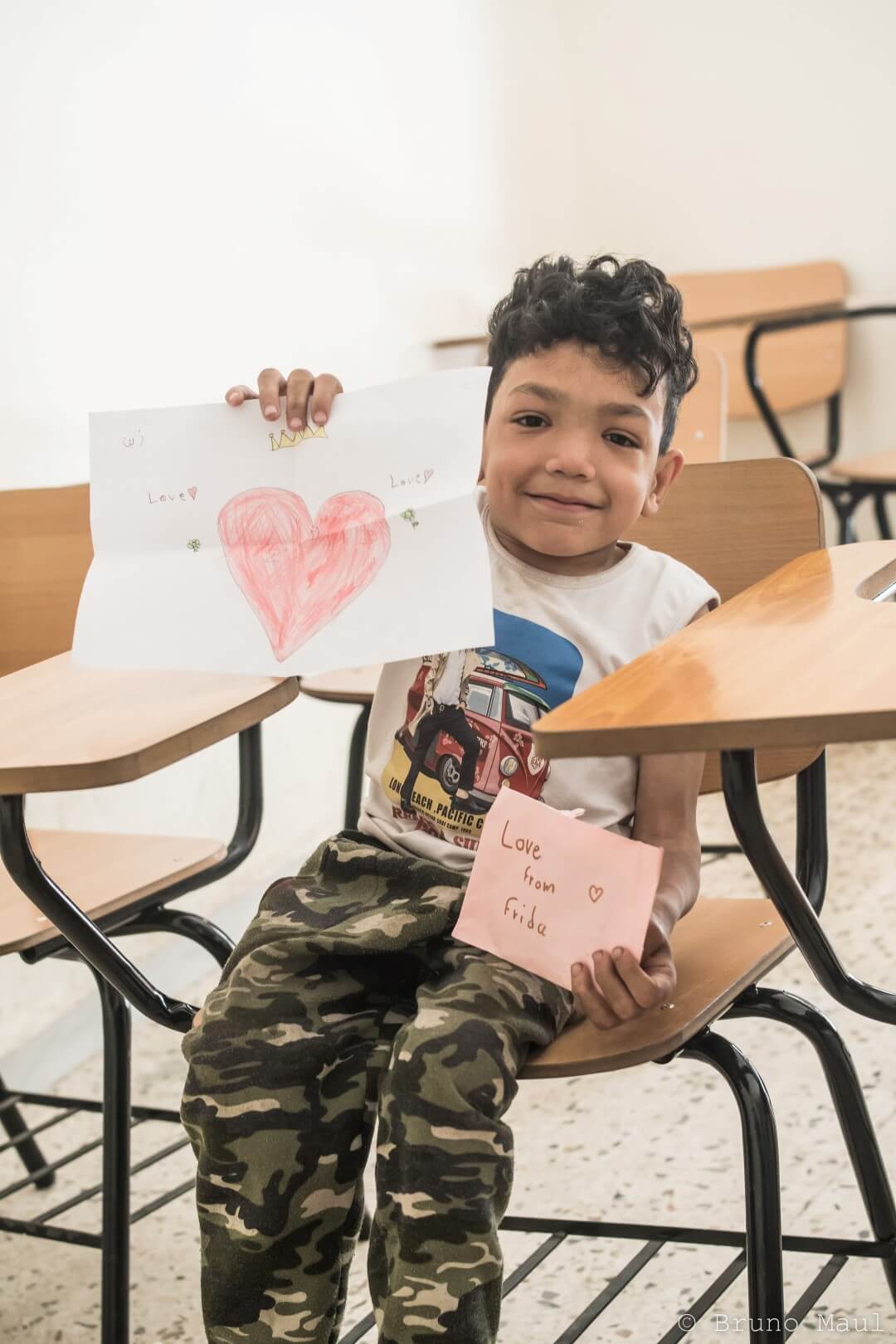Project Description
Help for orphans in Lebanon
The situation in the country
Lebanon is a country in Western Asia on the Mediterranean Sea and although it is a mainland it is actually an “island” because the neighboring countries are the warring country Syria and the deadly enemy Israel. The port is thus Lebanon’s only access to the outside, where brisk trade and exchange took place for centuries. But in 2020, a gigantic explosion in the port left a picture of devastation: a Part of the city of Beirut was destroyed and thousands of people remain homeless to this day. But the blast has also created an ongoing government crisis. This resulted in a massive supply shortage, there is a lack of petrol, electricity, medicines and much more. In some places there is no access to water.
In addition to the government crisis and the shortage of supplies, over 1.5 million Syrians found refuge in Lebanon due to its geographical location between Syria and Israel. In addition, there are around 500,000 Palestinian refugees in the country, which is roughly the size of Upper Austria. Only a few local NGOs try to help the people in need.
The severe political problems and collapsed economy triggered massive inflation. The locals can no longer help the 2 million refugees who have found shelter in their country because they themselves fear for their existence. But, unfortunately, this is not the end of Lebanon’s crises: the country is heavily dependent on grain supplies from Ukraine. Rising grain prices are exacerbating the country’s ongoing supply crisis.
Our help on site
In mid-October 2021 and in May 2022, we set off for Lebanon with an aid team to help refugee (orphan) children on site. Our team was a colorful mix of artists, clowns, musicians and volunteers. They all had the common goal of giving the children joy of life through their artistic shows and confidence through the distribution of donated relief goods. In 2022, we were accompanied for the first time by a team of artists who offered the children mobile painting workshops.
- Foundation of the school “Oxygen”
One of our heart projects in Lebanon is the “Oxygen” school in the middle of the huge Shatila refugee ghetto in Beirut. About 30,000 refugees live there, who after decades are still considered refugees and have very few rights, they are, so to speak, “second-class people”. There are also hardly any educational opportunities for the thousands of children in Shatila.
During our first aid mission in 2021, we met the young, committed teacher named Batoul. She finally got support from two other teachers (Shaymaa and Hiba), who we were able to hire. Both are 22 years old and attended the International University of Beirut. Shaymaa speaks absolutely perfect English and is also good at teaching it to the children. Hiba teaches mathematics and history, Batoul himself teaches Arabic and takes the children on excursions and sports activities – if time and money allow it.
- Foundation of the school “Together we can”
Weeks before our departure, caravan founder Pascal received a call for help by email from the teacher Mirvat. Similar to Shatila, the problem here in Burj al Barajneh was that there was simply no money to rent classrooms. However, the needs of a school exceeded the size of the small roof terrace, on which the teachers have tried to give 120 children between the ages of 4 and 13 access to education. So the school in Burj al Barajneh was about to close.
- Support for very special children
- Mobile painting room
20 to 30 children daily had the opportunity to express their feelings through their paintings. It was painted freely without adult criticism and without thematic interference. The great strength of the mobile painting room: Feelings, thoughts and moods can be expressed without words and thus mostly directly and are captured and made visible in the pictures.
- Caravan of clowns – encounter through laughing together
The caravan of clowns was supported in both relief operations by the “ Clowns without Borders eV ” from Germany. The aid team visited refugee camps, where hundreds of children often have to live on their own. These children have probably seldom or never before seen adults who just had two or three hours of fun with them. The adults in the camps have other tasks to deal with …
The time after the shows was at least as valuable for the children as the clowning and the art of blowing bubbles. Clown Anita told how the children melted away when she painted little make-up on their faces with a brush or, even better, with her finger. How important the smallest, tender touches are for us humans was also shown in a camp in the mountains of Lebanon: After the show, some children began to hug the clowns, which happened more often. That afternoon, however, it turned into a real “hug orgy”. Many of them had closed their eyes tightly, smiled blissfully and would have loved to never let go.
“Even if everything is just a drop in the ocean, with our donations and our on-site help, we actually save human lives from freezing to death.”


